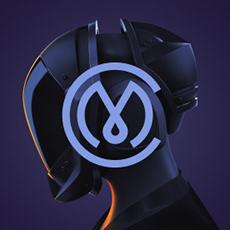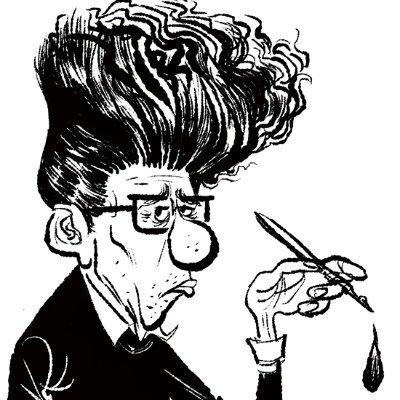Lukasz Kulakowski

A degree can help you learn about design processes, develop ideas, or understand and resolve design problems when you begin your design journey. And it's a safe environment where you can learn. Your tutors can help you understand your mistakes and correct them.
In addition to that, you build an informal network with other people, and being around people with the same interest stimulates your growth and creativity. Having this design base is essential, and it's much easier to choose which path you want to take as a designer.
When you are already somewhere in the middle of your design career, self-study effectively enhances your skills. There are plenty of online courses, TedTalks, and even Youtube videos that help you move to another level.
And no matter how experienced you are - never stop learning.
Website: www.emptypage.pl
Social Media: www.linkedin.com/in/lukaszkulakowski/



















